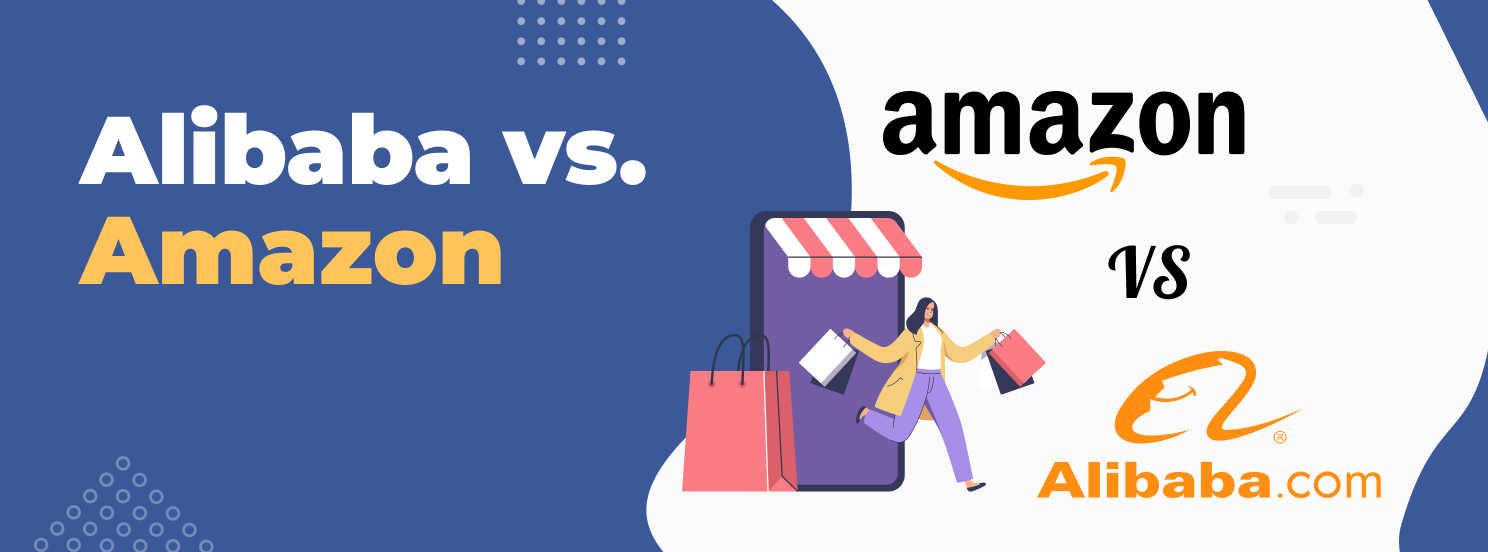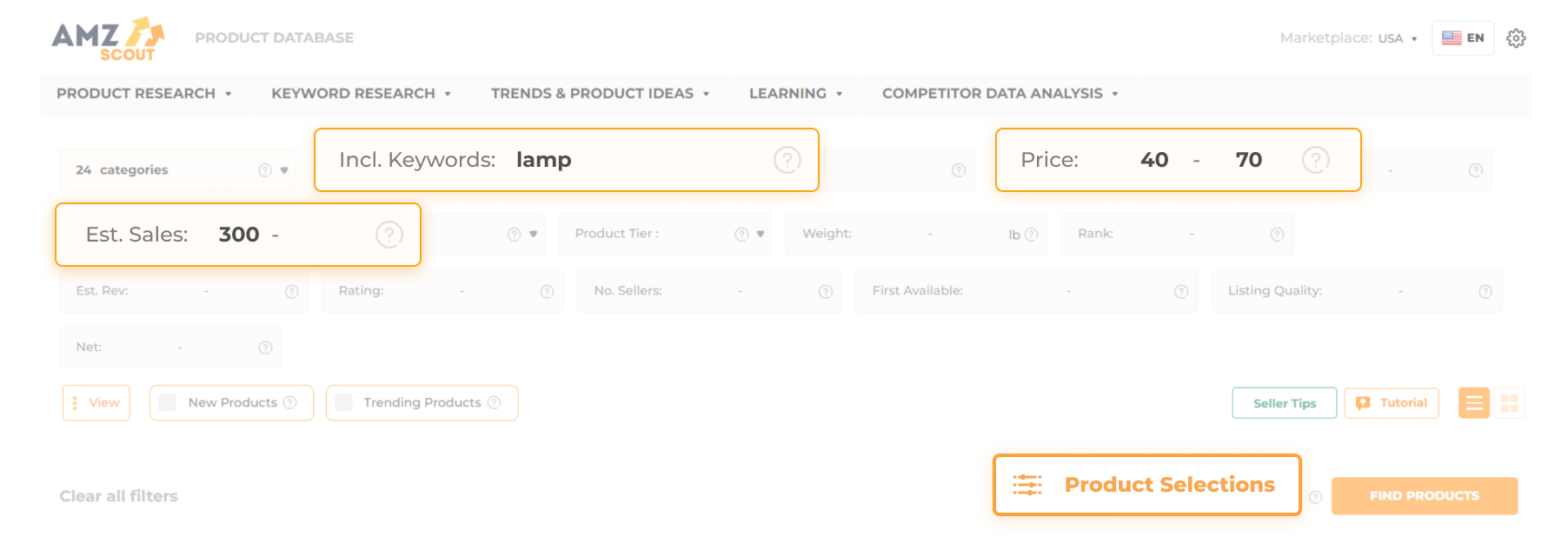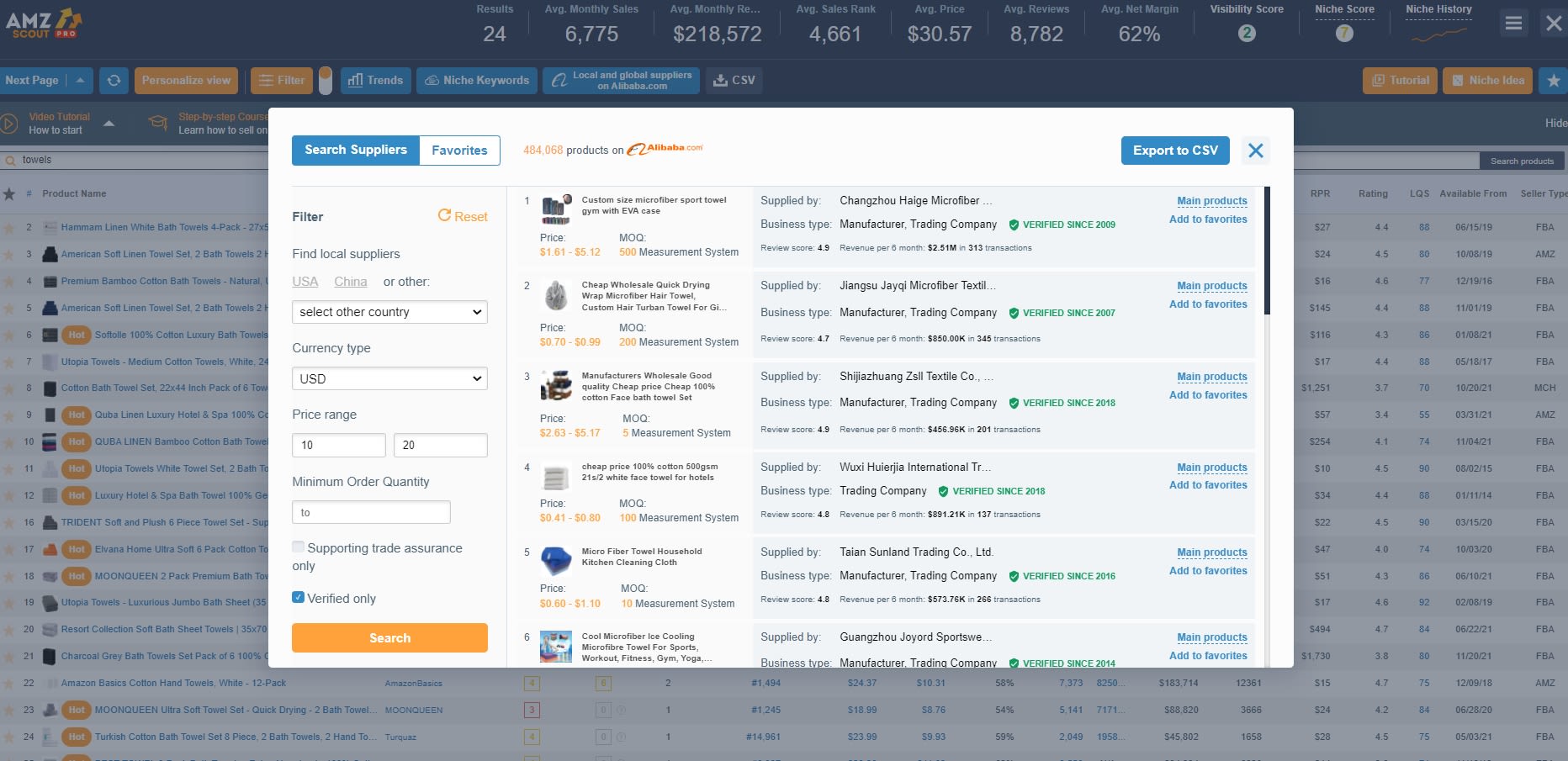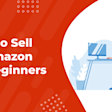
Alibaba vs. Amazon: Main Differences for Online Sellers
Amazon and Alibaba are the leading platforms among e-commerce sellers. These global marketplaces have revolutionized the way we shop, connecting millions of buyers and sellers across the world through their online platforms.
While both Amazon and Alibaba offer a vast array of things and services, each has its own unique approach and strengths. Let's delve into a comparison of both, and explore the process of starting a business on each of these platforms.
Table of contents
Alibaba vs. Amazon Review
Though both Alibaba and Amazon serve the global market, and interact with both buyers and sellers, there are also a few differences between these two markets.
Amazon
Amazon operates primarily on a business-to-consumer (B2C) model while also maintaining a significant business-to-business (B2B) marketplace through services like Amazon Business. Amazon caters to a broad target audience, from individual consumers to large corporations.
Amazon also works as a retailer, stocking and selling products directly to consumers with its Fulfillment by Amazon (FBA) program. Third-party sellers on Amazon can use different business models such as dropshipping, wholesale, or private label.
Alibaba
Alibaba is a Chinese multinational marketplace that facilitates business-to-business (B2B) transactions. It allows suppliers and manufacturers to showcase their products to a global audience.
Alibaba targets two marketplaces, which include the global marketplace based in the English-speaking areas, and the China marketplace, whose aim is to focus on suppliers and buyers trading locally in China. One of Alibaba’s standout features is its focus on enabling both small and medium-sized enterprises (SMEs) to reach a global audience.
The main difference between Amazon and Alibaba is between who sells and buys products on their platforms: Amazon allows individual sellers and name brands to sell products directly to consumers, while Alibaba is mostly used by wholesalers selling to small businesses.
How to Start with Amazon vs. Alibaba
Selling on platforms like Amazon and Alibaba offers significant advantages that enable businesses to reach a wider audience and venture into international markets. For sellers who are trying to decide where to start, it's important to compare these platforms carefully, and understand the different processes and requirements of selling on Amazon vs. Alibaba.
How to Start Selling on Amazon
Selling on Amazon is a good option for sellers who wish to engage in retail sales, meaning they want to sell products directly to end consumers and manage aspects like inventory, pricing, and customer service, while leveraging Amazon's vast customer base and services.
The process is fairly straightforward - just follow these steps.
1. Create an Amazon Seller Central account. Navigate to Amazon Seller Central and select the 'Sign up' option. Follow the prompts to enter your personal and billing information and verify your phone number. Then, select your business location and choose an account type('Individual' if you sell up to 40 items/month, or 'Professional' if you sell more than 40).
2. Find a profitable product. Finding profitable products to sell on Amazon is one of the most important factors of achieving success. AMZScout’s tools make the process of product research much easier.
Follow these instructions to find a profitable product to sell on Amazon:
Go to the AMZScout Product Database: Sign up for an account on the AMZScout Product Database and start your free trial.
Apply filters: This database features both primary and advanced filters to help you narrow down your interests and needs. You can set your preferred price range and number of sellers and reviews, and enter relevant keywords to see results accordingly.
Check results: By clicking ‘Find Products’, the Product Database will display a list of products according to your preferences. Here, you can see important information about the products such as their monthly sales, revenue, FBA fees and more.
Pick profitable products: Once you have analyzed the results, take note of products you are most interested in and seem to have potential.
3. Decide on a sourcing method and find a supplier. After choosing which products you want to sell, you need to decide how to source them. Depending on your needs, you can choose business models like PL, OA, dropshipping, or wholesale.
If you decide to launch your own brand, you can search for suppliers on Alibaba. Click ‘Suppliers on Alibaba’ on the AMZScout PRO Extension. As you look for a reliable supplier, you can check their reviews, consider pricing options, and review terms and conditions for the shipment.
4. List the product. You have two options for listing your products - you can either create a new listing, or join an existing one, depending on the type of product you plan to sell. For a new listing, you need to use relevant keywords to make it more SEO-optimized. Use those keywords in the product title, description, and bulleted points. Be sure to write all of the necessary information about the product accurately, then create your offer including price and quantity, and save the listing.


5. Place an order and arrange for shipping to an FBA warehouse. Prepare your items according to Amazon's packaging guidelines. Create a shipping plan, specifying the products and quantities. Print Amazon's shipping labels and affix them to your packages. Finally, send your products to the Amazon fulfillment center address provided in your shipping plan.
These are the necessary steps to starting your business on Amazon. If you implement them correctly, you will succeed.
How to Start Selling on Alibaba
Those who choose to start selling on Alibaba are typically either manufacturers or suppliers who want to find reliable buyers and act as their supplier for wholesale purposes. Let's discuss the details of how to start a business on this huge platform.
1. Create an Alibaba Seller account. On the Alibaba.com website, click “Register” to create your seller account. Fill in the required data and choose free or paid options for your seller account.
2. List your products. You have the option to upload products individually, or expedite the process using the bulk upload tool. As you list items, the Intelligent Posting system employs AI to recommend optimizations tailored to Alibaba.com's algorithm and buyer search patterns.
3. Create a storefront. Alibaba.com provides you with a comprehensive multi-page store solely dedicated to your business. It enables you to establish a distinctive digital presence that highlights your brand and merchandise.
4. Manage inquiries and orders. Once your products are listed, you'll start receiving inquiries from prospective buyers. Make sure to answer all inquiries you receive in the chat promptly. This will increase the rate of follow-up responses from potential buyers.
Being a supplier on Alibaba opens the door to a global marketplace, allowing you to distribute your products worldwide. It connects you with potential buyers, enhances the visibility of your store, and significantly boosts your chances of increasing profits.
Other Aspects
In addition to the fact that these platforms are designed to accommodate different business models, they also have other differences in terms of their conditions for sellers. Let’s explore each of these to understand the core values of each of these markets.
Business Verification
Business Verification is a critical component of an Alibaba.com seller membership. This process involves validating your company's status and authorized contact person and ensures that interested business people are able to trust you.
The process of Business Verification for Amazon sellers to ensure legitimacy is generally straightforward, but can be challenging due to the need for specific pieces of documentation (such as business licenses and tax information). While it varies by region, this process is designed to be thorough and prioritizes a safe and trustworthy marketplace for all participants.
Fulfillment
For those who don’t want to manage order fulfillment on their own, Amazon offers comprehensive fulfillment services through Fulfillment by Amazon (FBA). Sellers can store their inventory in Amazon warehouses and have Amazon handle all aspects of shipping and customer service.
Alibaba also offers Alibaba.com Fulfillment Services (AFS) which is a comprehensive suite of services to help global buyers ship their goods from China easily and at a lower cost.
Competition
On Alibaba, sellers primarily compete with each other for buyers' attention within the platform. There is no competition between sellers and the platform itself.
In contrast, Amazon sellers not only compete with each other, but also face competition from Amazon's branded products and algorithms that may prioritize certain listings over others. For example, Amazon can be among the sellers for a given product, which means that the algorithm will prioritize Amazon’s listing on search engines. It has a Buyer Box capability, which is more likely to belong to Amazon than other sellers, and is also likely to garner more trust.
Fees & Entry Costs
Alibaba generally has cheaper entry costs and fees compared to Amazon. While Alibaba may charge fees for premium services and advertising, the initial cost to list products and start selling is often lower. Alibaba has a 0% commission fee, as well as both basic and standard pricing systems which are customized. To be a supplier, you need to contact Alibaba’s experts to be provided with more information.
Selling on Amazon comes with various fees, like referral and FBA fees. These fees are a result of the convenient conditions Amazon provides for sellers. It’s important for sellers to consider these fees when making decisions. Sellers with Individual accounts on Amazon are required to pay $0.99 for each item they sell. Those who have Professional accounts pay $39.99/month in order to sell items on Amazon.
Customer Interaction
On Alibaba, customer interaction is primarily the responsibility of the supplier. Sellers are expected to provide customer support, handle inquiries, and resolve any issues directly with buyers.
Conversely, Amazon takes a more active role in customer interaction, providing centralized customer support and handling returns and refunds on behalf of sellers through the FBA program.
In order to become a successful seller on Amazon and Alibaba, it's essential to align your business strategy with your specific needs. It's crucial to balance your financial planning with a clear vision of your business goals so you can thrive on these platforms.
Conclusion
In conclusion, while Alibaba serves the supplier market and deals mainly with wholesale businesses, Amazon offers a more individualized approach by connecting sellers and consumers all over the world.
Sellers can combine Alibaba's wholesale sourcing strengths with Amazon's vast retail reach, using Alibaba for low-cost product sourcing and Amazon for access to a larger consumer market, effectively managing both supply and sales channels. Integrating both platforms into an effective selling strategy allows sellers to take advantage of the unique benefits of each market.







